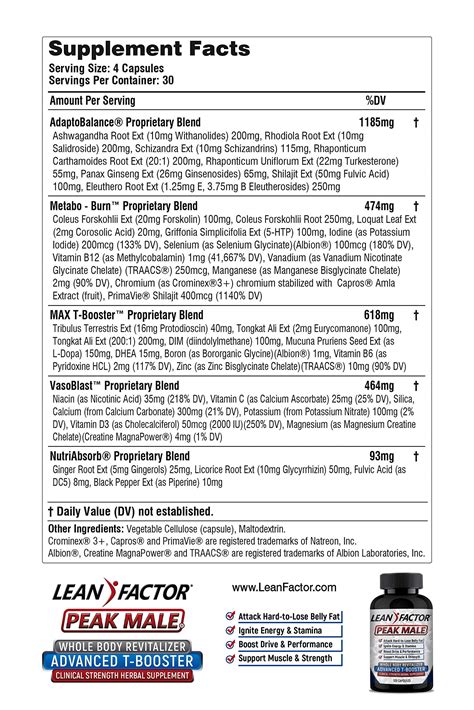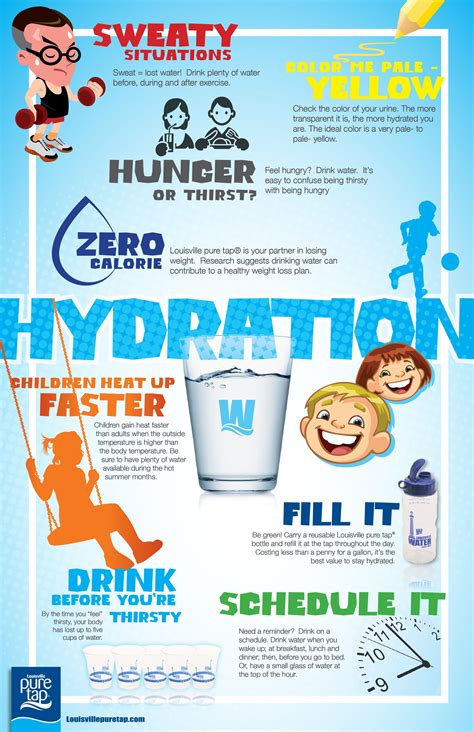How to optimize daily nutrition for sustained energy, muscle gain, and peak male performance?

The Foundation: Understanding Your Fuel
Achieving sustained energy, significant muscle gain, and peak performance isn’t solely about intense workouts; it’s fundamentally built upon a well-optimized daily nutrition strategy. For men aiming to maximize their physical and cognitive output, understanding what to eat, when to eat it, and why it matters is paramount. This guide will break down the essential components of a diet designed for optimal male health and performance.
Macronutrient Mastery: Protein, Carbs, and Fats
Protein: The Muscle Builder
Protein is non-negotiable for muscle repair and growth. Aim for high-quality sources like lean meats (chicken, turkey, beef), fish (salmon, tuna), eggs, dairy products (Greek yogurt, cottage cheese), and plant-based options (lentils, beans, tofu). A general guideline for active men is 1.6-2.2 grams of protein per kilogram of body weight daily, distributed across meals to ensure a constant supply of amino acids.
Carbohydrates: Your Primary Energy Source
Often demonized, carbohydrates are vital for sustained energy, especially for those with active lifestyles. Choose complex carbohydrates like whole grains (oats, brown rice, quinoa), sweet potatoes, and fruits. These provide a steady release of glucose, preventing energy crashes and fueling intense workouts. Timing your carbohydrate intake around your training sessions can be particularly effective.
Healthy Fats: Hormonal Balance and Overall Health
Don’t shy away from healthy fats. They are crucial for hormone production, nutrient absorption, and long-term satiety. Incorporate sources like avocados, nuts, seeds, olive oil, and fatty fish. These fats support testosterone levels, reduce inflammation, and contribute to overall cardiovascular health.

Micronutrient Powerhouses: Vitamins and Minerals
Beyond macros, a spectrum of vitamins and minerals plays a critical role in male performance. Key players include:
- Vitamin D: Essential for bone health, immune function, and often linked to testosterone levels. Sun exposure and foods like fatty fish are primary sources.
- B Vitamins: Crucial for energy metabolism, helping convert food into fuel. Found in whole grains, meat, and leafy greens.
- Zinc: Supports immune function, protein synthesis, and testosterone production. Oysters, red meat, and pumpkin seeds are excellent sources.
- Magnesium: Involved in over 300 biochemical reactions, including muscle and nerve function, blood glucose control, and energy production. Spinach, nuts, and legumes are rich in magnesium.
Ensuring adequate intake of these micronutrients, often through a diverse diet rich in fruits, vegetables, and whole foods, is fundamental.

Strategic Timing and Hydration
Meal Timing for Performance
While total daily intake is most important, strategic meal timing can enhance performance and recovery. A pre-workout meal rich in complex carbohydrates and moderate protein provides sustained energy. A post-workout meal or shake, focusing on protein and fast-acting carbohydrates, helps replenish glycogen stores and initiate muscle repair.
The Unsung Hero: Hydration
Water is often overlooked but critical for every bodily function, including nutrient transport, temperature regulation, and joint lubrication. Dehydration can severely impair physical and cognitive performance. Aim for at least 3-4 liters of water daily, increasing intake during exercise or hot weather.

Smart Food Choices for Sustained Success
Prioritize whole, unprocessed foods. These are typically nutrient-dense and free from artificial additives that can hinder performance and health. Minimize intake of sugary drinks, highly processed snacks, and excessive unhealthy fats.
- Lean Proteins: Chicken breast, turkey, salmon, lean beef, eggs, Greek yogurt.
- Complex Carbs: Oats, quinoa, brown rice, sweet potatoes, whole-grain bread.
- Healthy Fats: Avocados, nuts (almonds, walnuts), seeds (chia, flax), olive oil.
- Fruits & Vegetables: Berries, spinach, broccoli, kale, bell peppers, apples – a wide variety for diverse micronutrients and antioxidants.
These choices form the backbone of a diet optimized for energy, muscle, and performance.

Practical Tips for Implementation
- Plan Ahead: Meal prepping on weekends can ensure you have healthy options readily available throughout the week.
- Track Progress: Monitor your food intake and how your body responds. Adjust macronutrient ratios based on energy levels, muscle gain, and body composition.
- Listen to Your Body: Hunger cues, energy levels, and recovery times are all indicators of whether your nutritional strategy is working.
- Consistency is Key: Small, consistent efforts yield far greater results than sporadic perfect days.

Conclusion: Fueling Your Potential
Optimizing daily nutrition for sustained energy, muscle gain, and peak male performance is an ongoing journey that requires attention to detail and consistency. By focusing on quality macronutrients, ensuring adequate micronutrient intake, strategic timing, proper hydration, and smart food choices, you can unlock your body’s full potential and maintain a high level of performance in all aspects of life. Make nutrition your ally, and experience the transformative power it holds.








